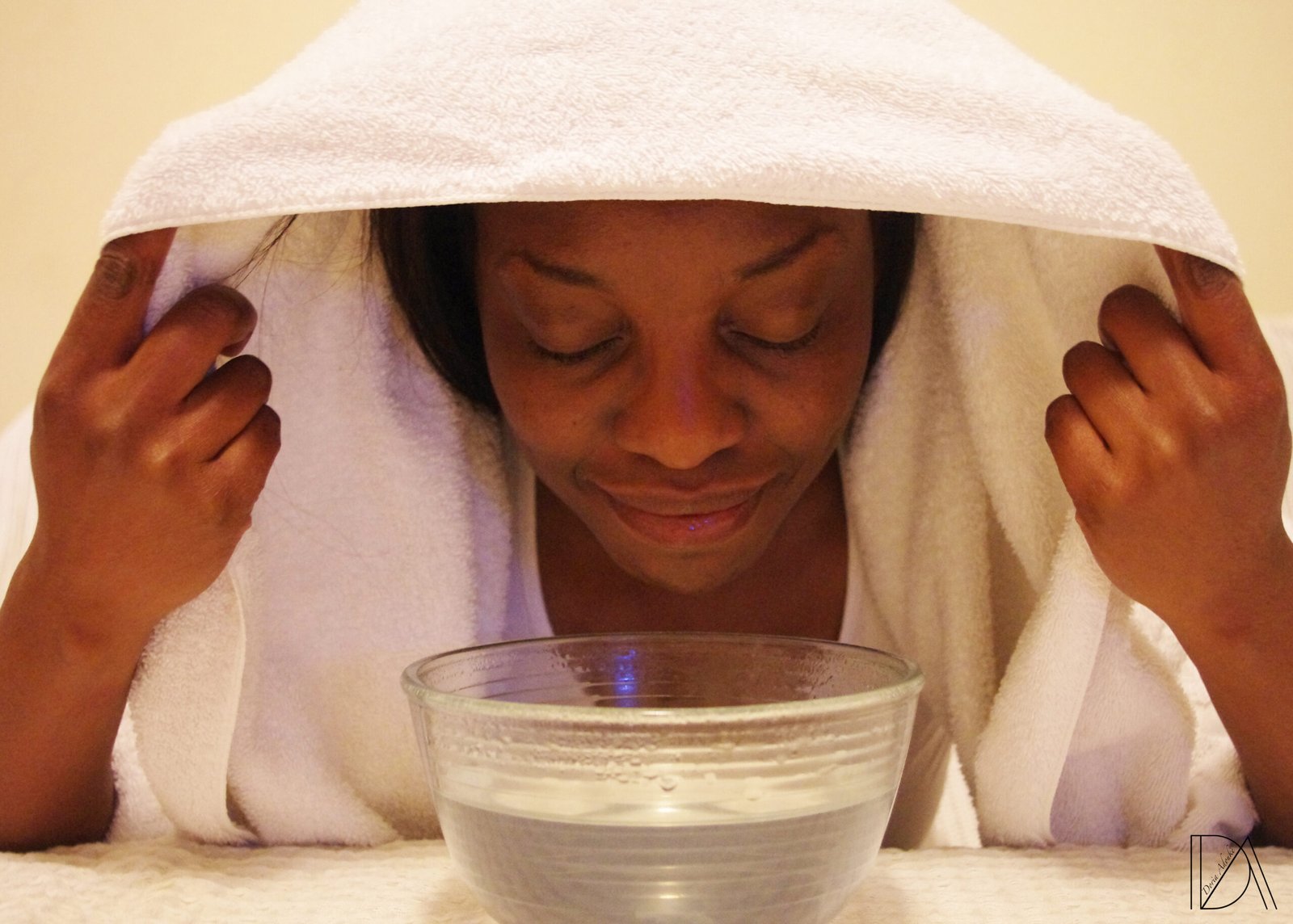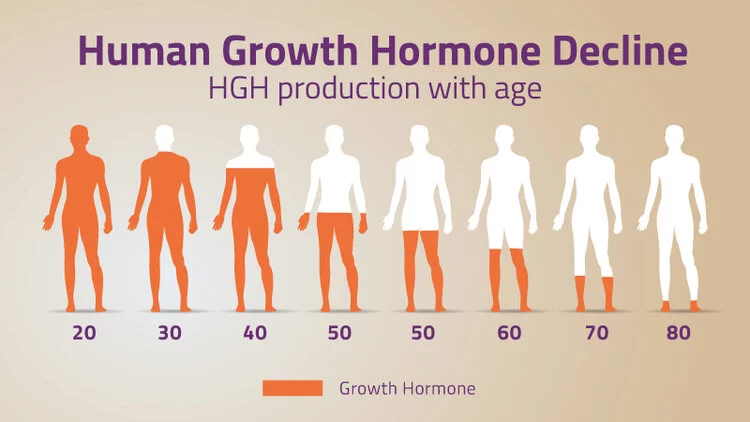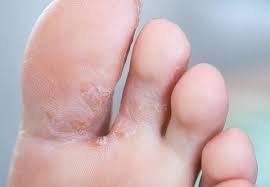To Better Understand Bladder Problems, When Do They Initially Appear?
In the beginning…
Have you ever given any thought to the question of when bladder pain troubles most often manifest themselves? Many individuals experience discomfort in their bladders on a regular basis. In this in-depth essay, we will look into the numerous variables that may lead to bladder troubles and give insights into when these problems may begin to appear. In addition, we will discuss the various symptoms that may indicate bladder concerns. It is critical that you have a solid understanding of the beginning stages of bladder issues in order to be able to take preventative actions to protect your urinary health.
A pill of tapentadol Aspadol 100mg for adults is competent to treat moderate to severe acute pain. Immediate Release Aspadol 100mg is available. It is use to treat a number of illnesses, such as headaches, fevers, period pain, toothaches, and colds. It effectively soothes your pain when other treatments fall short.
The Origins and Evolution of the Bladder
It is necessary to have a fundamental understanding of the development of the bladder as well as its function inside the body before we can go on to discussing the age at which bladder issues may first appear.
Aspadol 150mg Tablets is use to help relieve moderate to severe short-term pain (such as pain from an injury or after surgery). It belongs to a class of drugs known as opioid analgesics. It works in the brain to change how your body feels and responds to pain.
The hollow, muscular organ that is positione in the lower abdomen is known as the bladder. Urine is temporarily store in this organ until it can be expell from the body, which is its principal function. The amount of pee that can be store in the bladder varies from person to person, although the average range is between 400 and 600 milliliters.
Both childhood and teenage years
During childhood and adolescence, bladder health is often not a concern for most people. During this time period, the control systems of the bladder continue to mature and grow. The majority of youngsters develop control of their bladder during the daytime by the age of three, while control during the nighttime comes a little bit later.
Bedwetting, sometimes referr to as nocturnal enuresis, is rather frequent in children and is regard as normal up to about the age of 5 in most cases. If it persists beyond this age, it can be an indication of a more serious problem that needs to be address.
Youth to Young Adulthood
The onset of bladder difficulties during the transition from childhood to early adulthood is still not very prevalent. However, the quality of one’s urinary health may be affect by a variety of variables, including one’s diet, level of fluid consumption, and lifestyle choices. The key to avoiding bladder issues from occurring in their early stages is to have a balance lifestyle and to drink enough of water.
Age of the Middle
When a person reaches the middle years of their life, bladder problems may become more common. This occurs as a result of a number of different variables, including the following:
- Weakening of the Muscles: As individuals become older, the muscles that support the bladder may become less strong. This may lead to problems such as stress incontinence, a condition in which physical activity such as sneezing or laughing can induce leaking of urine or feces.
- Hormonal Shifts: During menopause, women in particular may undergo shifts in their hormone levels, which may have an impact on the health of their bladder. Decrease estrogen levels may cause the urinary sphincter to become more relaxe, which can result in an increase sensation of urgency.
- An Enlarge Prostate: An enlarge prostate might make it difficult for men to control their bladder function. Urination problems are one of the potential side effects of benign prostatic hyperplasia (BPH), also known as enlarge prostate gland.
Late Stages of Adulthood
When people reach their late adult years, they are more likely to have problems with their bladder. These issues may include the following:
- An Overactive Bladder An overactive bladder is a condition that is characterize by a sudden need to pee, which frequently results in leakage. This ailment may also be referr to as urgency incontinence. It has the potential to be a serious worry for a lot of elderly people.
- Incontinence: Incontinence of the urinary tract, which may include stress incontinence, urge incontinence, and mix incontinence, is a condition that is increasingly common in people as they become older.
- Neurological illnesses Bladder difficulties may also be connect to neurological illnesses such as dementia and Parkinson’s disease, both of which can disrupt bladder control. These conditions can make it difficult to regulate the bladder.
The final word
In conclusion, the age at which individuals first have difficulties with their bladder may vary widely from person to person. In most cases, bladder problems do not occur throughout infancy or adolescence; nevertheless, as people become older, their likelihood of getting bladder problems rises. The development of bladder difficulties may be brought on by a number of factos, including the gradual weakening of muscle, changes in hormone level, and preexisting medical illness.
In order to maintain excellent bladder health throughout your life, vital actions include leading a healthy lifestyle, keeping hydrate, and obtaining medical guidance when require. It is important to keep in mind that the first step in properly treating and managing bladder issues is to have an awareness of the variables that might impact the beginning of these difficulties.




